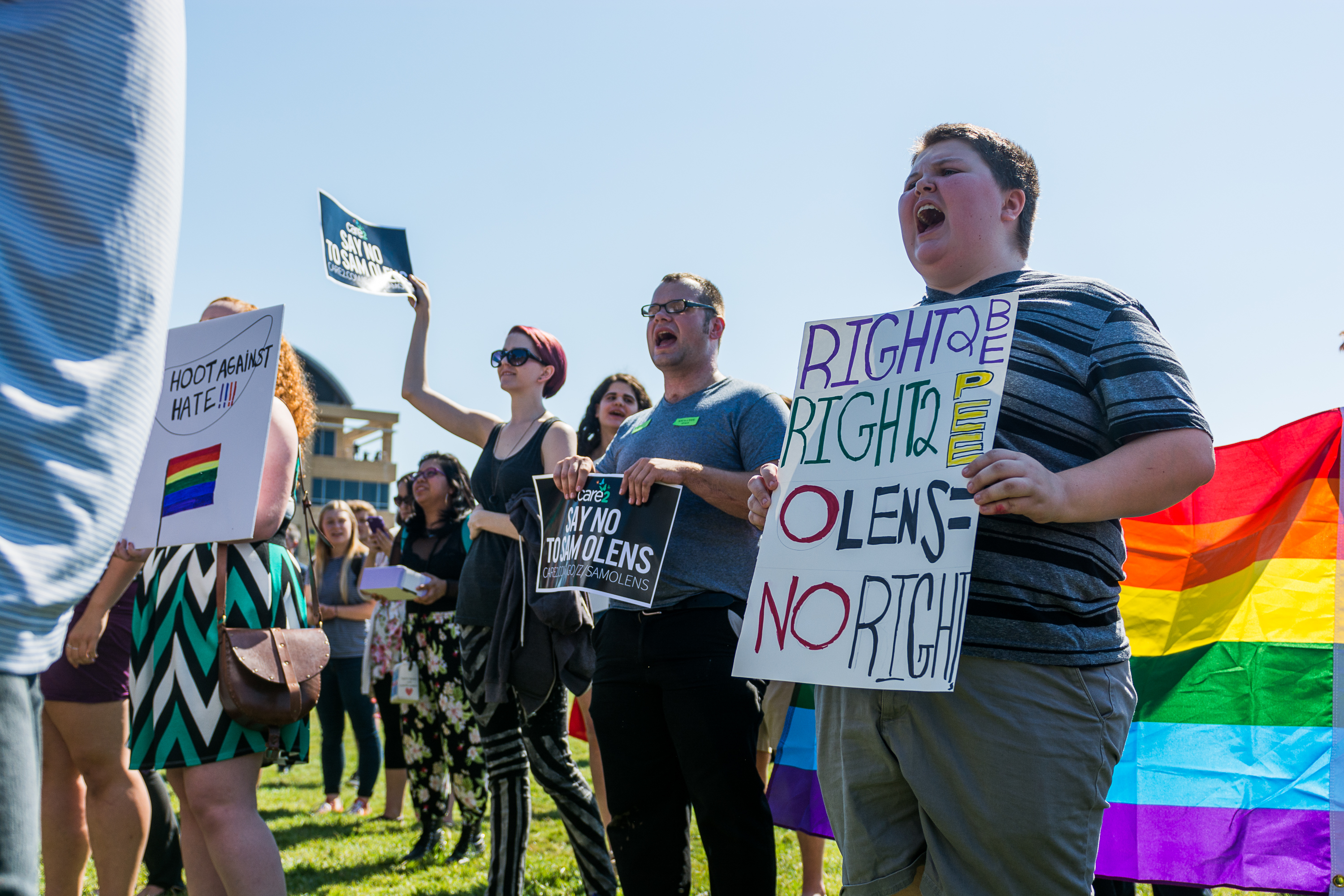The creation of an anti-racism education center is vital, easily-obtainable and was promised by Kennesaw State a decade ago, and it can only come to fruition now if students mobilize to pressure the administration.
In an 1899 letter to The Independent, Georgia author Corra Harris defended the lynching of Sam Hose, an innocent man who was brutally attacked in one of the most infamous lynchings in U.S. history. Hose was gutted and burned alive while a crowd of white supporters watched and cheered, according to the Washington Post.
Over a century later, in 2009, KSU obtained a gift of land which serves as the resting place for Harris, whom the university intended to honor and promote as a feminist scholar. These plans were cut short, however, when students and faculty became aware of the letter and expressed their frustration.
In response to the pressure from the community, then-President Daniel Papp created a Blue Ribbon Commission in 2010 to decide what to do with the land. Among many solutions, the commission decided that an anti-racist education center should be built, according to documents obtained from KSU.
Today we see the moral and educational failures that have resulted in the blatant ignoring of such a vital promise, and students of color are the ones paying the price.
Over the past decade, KSU has made national headlines numerous times for instances of blatant and systemic racism. In the past decade alone, black cheerleaders were silenced by former President Olens’ administration working with Cobb County Sheriff Neil Warren and state Rep. Earl Ehrhart, and a black student had the police called on him by an advisor for waiting quietly in a public room on campus in 2015.
A couple of months ago, a viral GroupMe chat also showed students making jokes and threats based on white-supremacist ideology. Not soon after, student rapper Jaye Newton posted a video of him being racially profiled by the police.
If KSU would have created and maintained the center, the climate on campus could have been safer for students of color because the challenges they have faced over the past decade simply may not have occurred — and even if they did, they would not be tolerated.
Still, students only hear hollow excuses and receive deconstructive actions. In a meeting with activist group KSUnited over spring break, KSU President Dr. Pamela Whitten refused to even issue a statement condemning racism on campus.
Last week during the National Conference of Undergraduate Research, four police officers stood around nonviolent members of the activist group as KSU employees mopped away the group’s chalk messages on campus, which condemned racism by KSU students.
Undoubtedly, excuses and intimidation will keep coming. Administrators will say they are concerned to find funding, but student activists said that a 2012 task force that was created to design the center already proposed a cost-free plan for its creation.
Even if the center’s creation was costly, it seems unfathomable that there is no room to move things around in KSU’s $556 million budget for 2019. KSU has budgeted billions of dollars in the last decade, and not a single cent for an anti-racist education center. Words can not describe the level of irresponsibility, greed and disregard for black students this reflects in our university’s priorities.
The administration’s lack of action has exemplified that if students do not lead this charge, no one will. Administrators know many students lack the historical knowledge to understand the systemic nature of racism at KSU. Instead of empowering black students and sharing that knowledge openly, powers-at-be are silent and working to suppress the truth — seemingly hoping that students will forget the broken promise made years ago and hoping the public pressure fades away.
Students must mobilize by participating in direct action and unapologetically pressuring the university to condemn racism and build the anti-racist education center. Anyone interested can express their support for the center to the Faculty Senate, who recently agreed to vote on a statement asking Whitten to create a new task force to plan the center’s creation. The Faculty Senate can be reached at facultysenate.kennesaw.edu/contact.php.
Those who want to help actively combat racism in more ways can join activist group KSUnited by reaching out to them on Facebook, Twitter and Instagram under the handle @KSUnited1.




